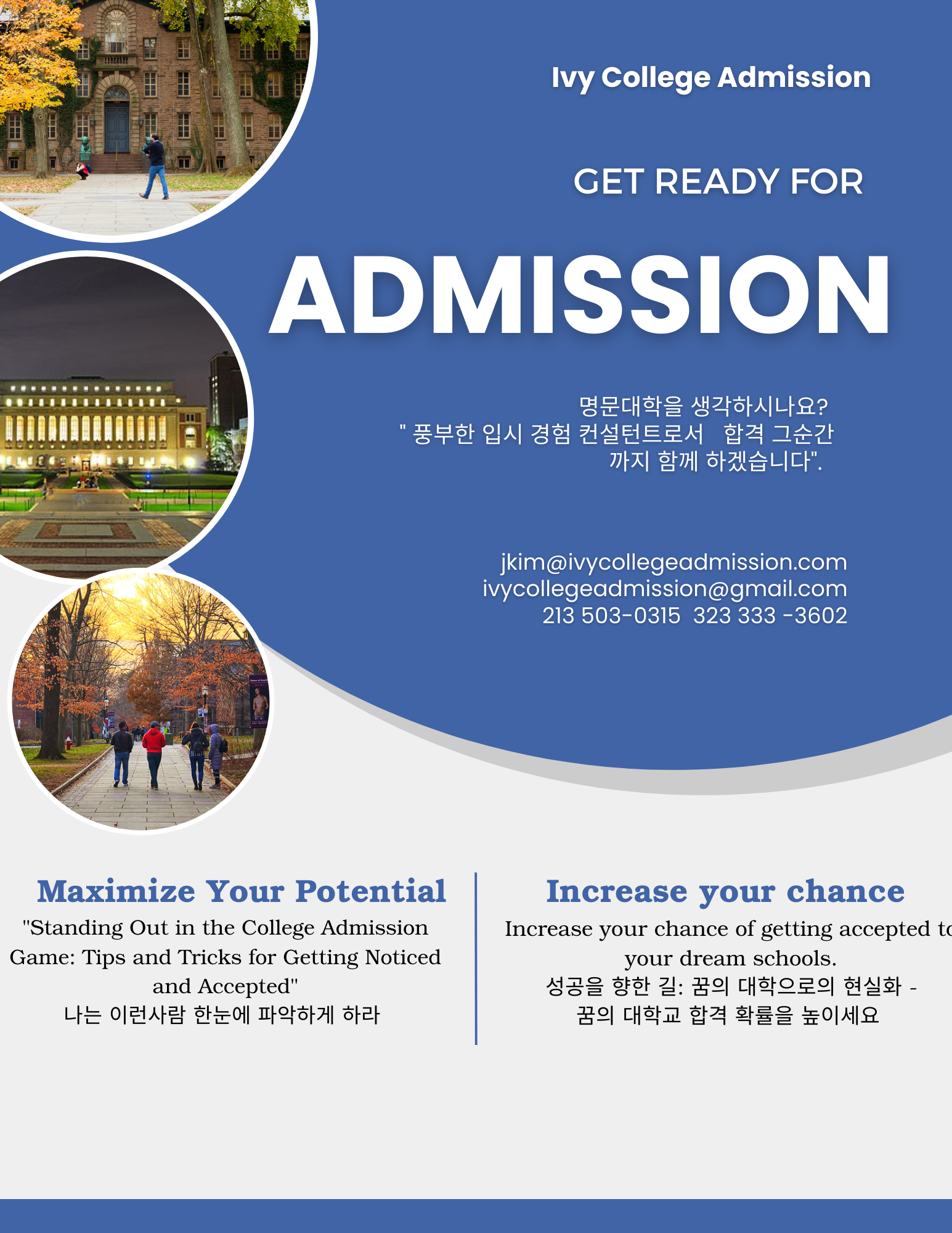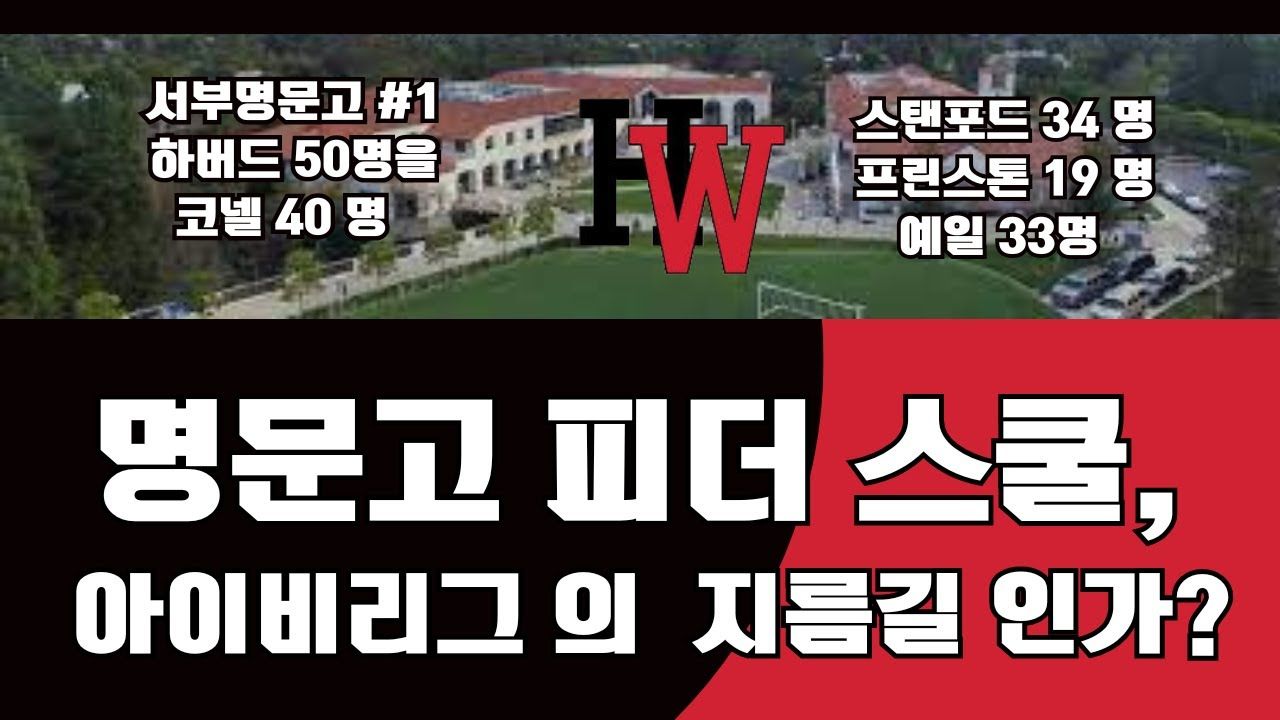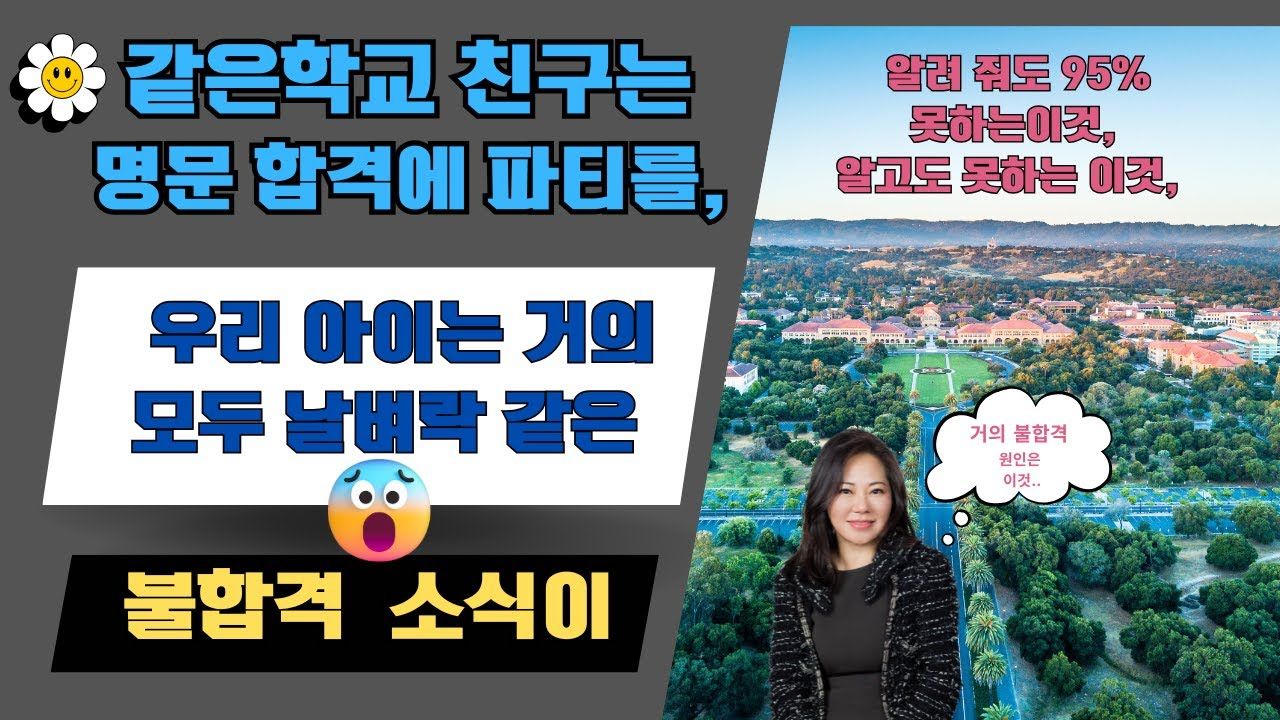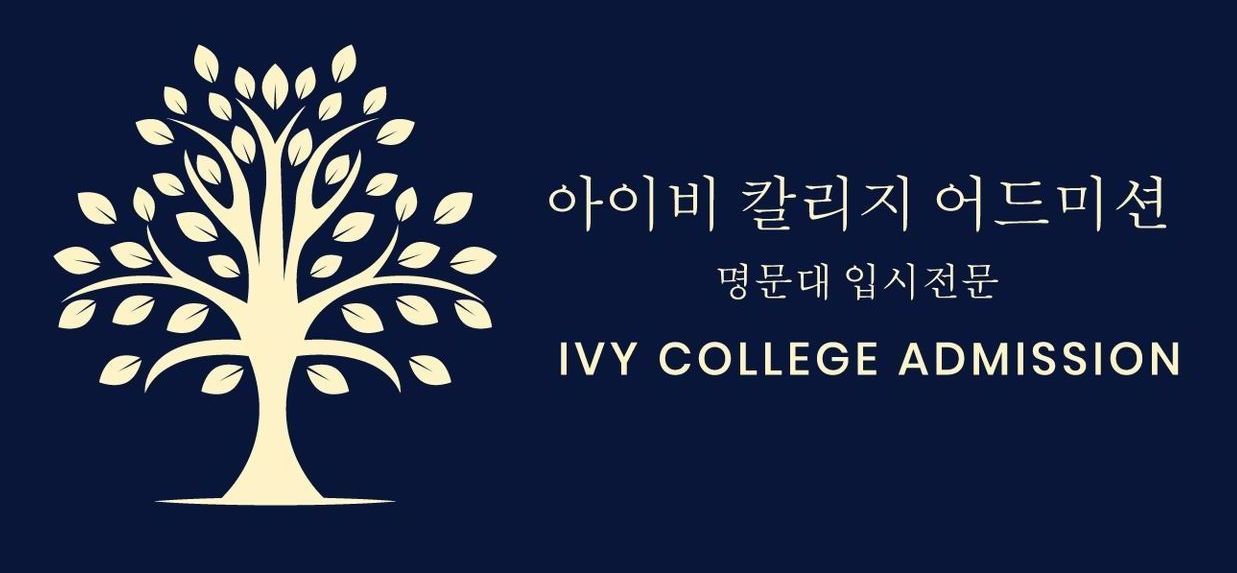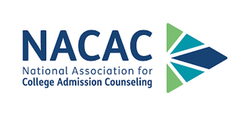어퍼머티브 액션 -대법원 폐지판결 (대학입시)
This is a subtitle for your new post
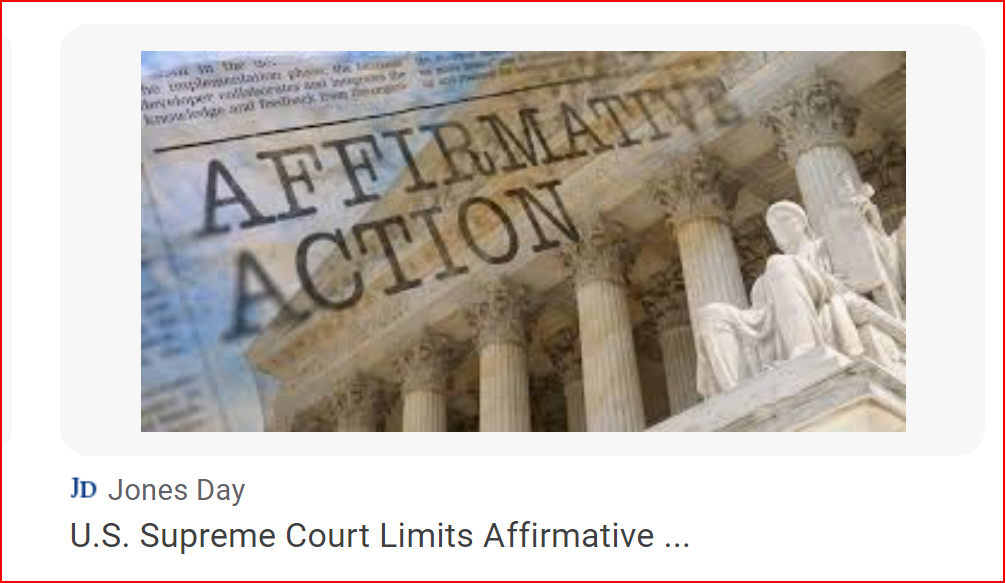
대법원은 대학 입학에 있어 차별 철폐 조치를 취하여 고등 교육 기관이 다양한 학생 구성을 달성할 수 있는 새로운 방법을 찾도록 강요했습니다. (6월 29일)
Content Courtesy:
The Supreme Court has struck down affirmative action in college admissions, forcing
institutions of higher education to look for new ways to achieve diverse student bodies. (June 29)
BY MARK SHERMAN
Published 7:10 AM PST, June 29, 2023
WASHINGTON (AP)
워싱턴 (AP) — 목요일 대법원은 대학 입학에 대한 차별 철폐 조치를 철회하고 인종은 요인이 될 수 없다고 선언했으며 고등 교육 기관이 다양한 학생 집단을 달성할 수 있는 새로운 방법을 찾도록 강요했습니다.
법원의 보수적인 다수는 미국에서 가장 오래된 사립 대학과 공립 대학인 하버드 대학과 노스캐롤라이나 대학의 입학 계획을 각각 무효화한 45년 전의 사건을 사실상 뒤집었습니다.
Roe v. Wade 판결을 뒤집은 작년의 중대한 낙태 판결과 마찬가지로 이 결정은 오랫동안 추구해 온 보수적 법적 목표의 실현을 의미하며, 이번에는 인종을 고려한 입학 계획이 헌법과 연방 지원을 받는 대학에 적용되는 법률을 위반한다는 점을 확인했습니다. 거의 모든 사람들이 그렇듯이 자금 조달.
이들 학교는 입학 방식을 재편해야 하며, 특히 지원자의 인종을 더 많이 고려할 가능성이 높은 상위 학교는 더욱 그렇습니다.
존 로버츠 대법원장은 너무 오랫동안 대학들이 “개인의 정체성의 시금석은 도전, 쌓은 기술, 배운 교훈이 아니라 피부색이라는 잘못된 결론을 내려왔습니다. 우리 헌법사는 그런 선택을 용납하지 않는다”고 말했다.
백악관에서 조 바이든 대통령은 법원의 판결에 “강하게, 강력하게” 동의하지 않으며 대학들에게 판결이 “최후의 결정”이 되도록 두기보다는 다양성을 향한 다른 길을 모색할 것을 촉구했습니다.
보수-자유주의 분열 외에도, 차별 철폐 조치를 둘러싼 싸움은 세 명의 유색인종 판사 사이에 깊은 간극이 있음을 보여주었습니다. 그들은 각각 미국의 인종과 그 결정이 어디로 이어질지에 대해 개별적이고 생생하게 글을 썼습니다.
오랫동안 차별철폐 조처의 중단을 요구해 온 미국의 두 번째 흑인 판사인 Clarence Thomas 판사는 이번 결정은 “대학의 입학 정책이 무엇인지를 보여줍니다. 특정 인종 혼합을 보장하기 위해 고안된 방향타 없는 인종 기반 선호”라고 썼습니다. 입학 수업 중에요.”
법원 최초의 라틴계인 소니아 소토마요르(Sonia Sotomayor) 판사는 이 결정이 “수십 년간의 선례와 중대한 진전을 되돌린다”고 반대 의견을 썼습니다.
더 많은 대법원 보도
마키아 그린(Makia Green)이 2023년 6월 12일 워싱턴 자택 밖에 서 있다. 미혼모 밑에서 자란 흑인 학생인 그린은 자신이 10년 넘게 입학했을 때 경제적으로 불리한 배경을 가진 유색인종 학생들에게 우선권을 주는 프로그램의 혜택을 받았다고 믿는다. 예전에 로체스터 대학교에 갔었어요. 여전히 학부 학자금 대출로 20,000달러가 조금 넘는 빚을 지고 있는 대출자로서 그녀는 조 바이든 대통령이 약속한 부채 탕감으로 거의 모든 빚을 청산할 수 있을 것으로 기대하고 있습니다. 이제 차별 철폐 조처와 학자금 대출 취소 계획(흑인 학생들에게 불균형적으로 도움이 되는 정책) 모두 미국 대법원에 의해 곧 폐지될 수 있습니다. (AP 사진/케빈 울프)
학자금 대출 및 차별 철폐 조치 판결에서 지지자들은 인종 평등에 대한 손실을 두려워합니다.
파일 - 대법원에서 소송을 제기할 전직 우편 직원 제럴드 그로프(Gerald Groff)가 2023년 3월 8일 쿼리빌의 미국 우체국 길가에 게시된 "Now Hiring(지금 채용 중)" 표지판 근처에서 텔레비전 인터뷰 중에 서 있습니다. 6월 29일 목요일 대법원은 종교적인 근로자에 대한 보호를 강화하기 위해 일요일에 일하기를 원하지 않는 기독교인 우체부의 사건을 이용했습니다. 만장일치 결정에서 판사는 안식일 휴무와 같은 종교적 편의를 요구하는 근로자는 고용주가 그렇게 하는 것이 사업체에 "상당한 비용 증가"를 초래한다는 것을 입증하지 않는 한 이를 제공받아야 한다는 점을 분명히 했습니다. (AP 사진/캐롤린 캐스터, 파일)
대법원, 종교적 편의를 요청하는 근로자에 대한 보호 강화
파일 - 레지 위버(Reggie Weaver)가 2022년 2월 15일 노스캐롤라이나주 롤리에 있는 입법부 건물 밖에서 노스캐롤라이나 대법원의 당파적 게리맨더링 판결에 대해 연설하고 있습니다. 대법원은 주 법원이 연방 선거에 영향을 미치는 입법 결정에 영향을 미칠 수 있다는 점을 확인하면서 견제와 균형의 민주적 원칙에 승리를 거두었지만 판사들은 또한 미래의 도전에 대한 여지를 남겨 두었습니다. (AP 사진/게리 D. 로버트슨, 파일)
대법원은 새로운 입법 이론을 거부했지만 2024년 선거 도전에 대한 문을 열어 두었습니다.
차별 철폐 조치가 대학과 로스쿨 입학에 중요한 역할을 했다고 인정한 두 판사인 토마스와 소토마요르 모두 법정에서 자신의 의견 요약을 큰 소리로 읽는 특이한 조치를 취했습니다.
별도의 반대 의견에서 법원 최초의 흑인 여성 판사인 케탄지 브라운 잭슨(Ketanji Brown Jackson) 판사는 이번 결정이 “우리 모두에게 정말 비극”이라고 말했습니다.
Disclosure: 알리는 말씀
2024년 1월 현재, 미국 내에서 어퍼머티브 액션(긍정적 조치) 정책의 상태는 주마다 다릅니다. 2023년 4월의 마지막 업데이트 기준으로, 몇몇 주에서는 어퍼머티브 액션 정책이 유지되고 있는 반면, 다른 주에서는 이러한 정책이 금지되었습니다. 하지만 많은 철페가 이어지고 있습니다.
어퍼머티브 액션을 금지한 주에는 캘리포니아, 워싱턴, 미시간, 네브래스카, 애리조나, 오클라호마, 플로리다, 뉴햄프셔가 포함됩니다. 이러한 주에서는 공공 기관과 대학이 입학이나 채용 과정에서 인종, 민족, 성별을 고려하는 것이 금지되어 있습니다.
다른 주에서는 여전히 어퍼머티브 액션 정책이 시행되고 있으며, 이를 통해 공공 기관과 대학이 다양성 증진과 역사적 불평등 해소를 위해 인종, 민족, 성별 등을 입학 및 채용 과정에서 고려할 수 있습니다.
어퍼머티브 액션에 대한 법적 풍경은 법원 판결, 주 법률, 투표 이니셔티브 등으로 인해 변화할 수 있으므로, 2024년 1월 현재 각 주의 어퍼머티브 액션 정책의 최신 상태를 확인하려면 최근의 법적 자료, 정부 발표, 뉴스 업데이트를 참조하는 것이 좋습니다.
The Supreme Court has struck down affirmative action in college admissions, forcing institutions of higher education to look for new ways to achieve diverse student bodies. (June 29)
WASHINGTON (AP) — The Supreme Court on Thursday struck down affirmative action in college admissions, declaring race cannot be a factor and forcing institutions of higher education to look for new ways to achieve diverse student bodies.
The court’s conservative majority effectively overturned cases reaching back 45 years in invalidating admissions plans at Harvard and the University of North Carolina, the nation’s oldest private and public colleges, respectively.
The decision, like last year’s momentous abortion ruling that overturned Roe v. Wade, marked the realization of a long-sought conservative legal goal, this time finding that race-conscious admissions plans violate the Constitution and a law that applies to colleges that receive federal funding, as almost all do.
Those schools will be forced to reshape their admissions practices, especially top schools that are more likely to consider the race of applicants.
Chief Justice John Roberts said that for too long universities have “concluded, wrongly, that the touchstone of an individual’s identity is not challenges bested, skills built, or lessons learned but the color of their skin. Our constitutional history does not tolerate that choice.”
From the White House, President Joe Biden said he “strongly, strongly” disagreed with the court’s ruling and urged colleges to seek other routes to diversity rather than let the ruling “be the last word.”
Besides the conservative-liberal split, the fight over affirmative action showed the deep gulf between the three justices of color, each of whom wrote separately and vividly about race in America and where the decision might lead.
Justice Clarence Thomas — the nation’s second Black justice, who had long called for an end to affirmative action — wrote that the decision “sees the universities’ admissions policies for what they are: rudderless, race-based preferences designed to ensure a particular racial mix in their entering classes.”
Justice Sonia Sotomayor, the court’s first Latina, wrote in dissent that the decision “rolls back decades of precedent and momentous progress.”
MORE SUPREME COURT COVERAGE
Makia Green stands outside her Washington home on June 12, 2023. As a Black student who was raised by a single mother, Green believes she benefited from a program that gave preference to students of color from economically disadvantaged backgrounds when she was admitted over a decade ago to the University of Rochester. As a borrower who still owes just over $20,000 on her undergraduate student loans, she has been counting on President Joe Biden's promised debt relief to wipe nearly all that away. Now, both affirmative action and the student loan cancellation plan — policies that disproportionately help Black students — could soon be dismantled by the U.S. Supreme Court. (AP Photo/Kevin Wolf)
In student loan and affirmative action rulings, advocates fear losses for racial equality
FILE - Gerald Groff, a former postal worker whose case will be argued before the Supreme Court, stands during a television interview near a "Now Hiring" sign posted at the roadside at the United State Postal Service, March 8, 2023, in Quarryville, Pa. The Supreme Court on Thursday, June 29, used the case of a Christian mailman who didn't want to work Sundays to solidify protections for workers who are religious. In a unanimous decision the justices made clear that workers who ask for religious accommodations, such as taking the Sabbath off, should get them unless their employers show doing so would result in “substantial increased costs” to the business. (AP Photo/Carolyn Kaster, File)
The Supreme Court bolsters protections for workers who ask for religious accommodations
FILE - Reggie Weaver, at podium, speaks outside the Legislative Building in Raleigh, N.C., Feb. 15, 2022, about a partisan gerrymandering ruling by the North Carolina Supreme Court. The Supreme Court gave a win for the democratic principle of checks and balances in affirming that state courts can weigh in on legislative decisions affecting federal elections, but justices also left an opening for future challenges. (AP Photo/Gary D. Robertson, File)
Supreme Court rejects novel legislative theory but leaves a door open for 2024 election challenges
Both Thomas and Sotomayor, the two justices who have acknowledged affirmative action played a role in their admissions to college and law school, took the unusual step of reading summaries of their opinions aloud in the courtroom.
In a separate dissent, Justice Ketanji Brown Jackson — the court’s first Black female justice — called the decision “truly a tragedy for us all.”
